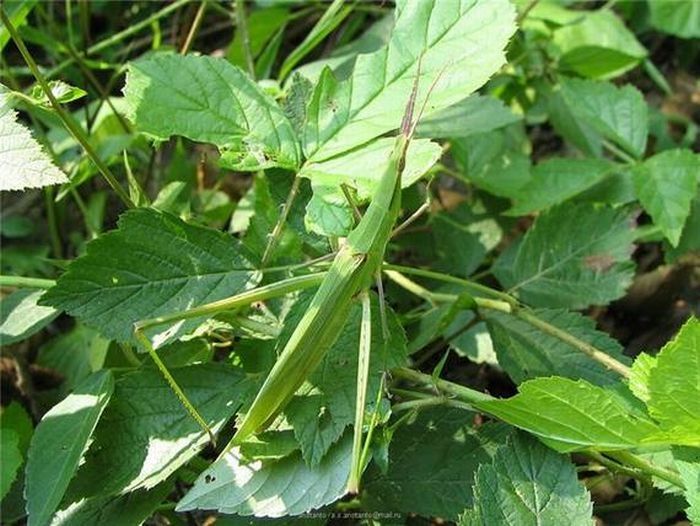|
|
Masters Of Camouflage
|
Animals produce colors in two ways:
• Biochromes: natural microscopic pigments that absorb certain wavelengths of light and reflect others, creating a visible color that is targeted towards its primary predator.
• Microscopic physical structures, which act like prisms to reflect and scatter light to produce a color that is different from the skin, such as the translucent fur of the Polar Bear, which actually has black skin.
Cryptic coloration can change as well. This can be due to just a changing of the seasons, or it can be in response to more rapid environmental changes. For example, the Arctic fox has a white coat in winter, and a brown coat in summer. Mammals and birds require a new fur coat and new set of feathers respectively, but some animals, such as cuttlefish, have deeper-level pigment cells, called chromatophores, that they can control. Other animals such as certain fish species or the nudibranch can actually change their skin coloration by changing their diet. However, the most well-known creature that changes color, the chameleon, usually does not do so for camouflage purposes, but instead to express its mood.
|
|









